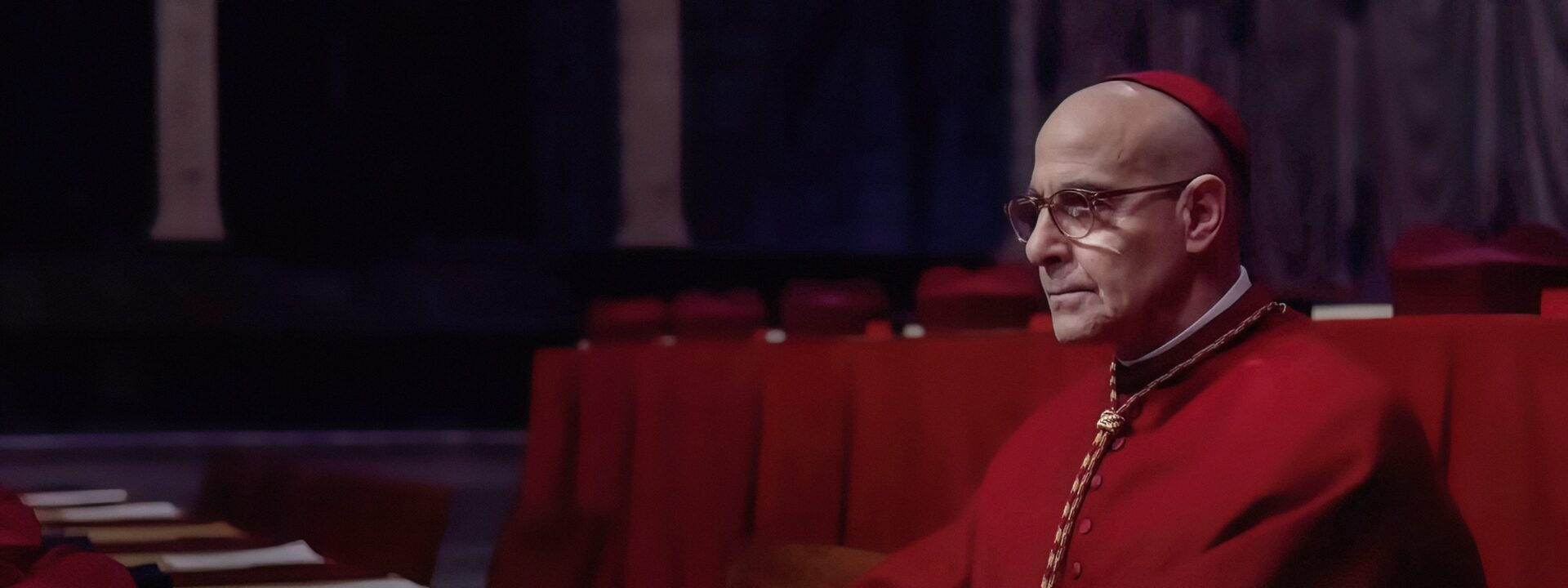Spoiler Alert: This article discusses the 2024 film Conclave.
The world was shocked this week by the passing of Pope Francis, whose leadership of the Catholic Church brought increasingly progressive—and often divisive—stances on issues like LGBTQ+ rights and immigration.
Francis also made history as the first Latin American pope, echoing a key storyline from the 2024 movie Conclave (now streaming on Prime Video), which centered on a progressive cardinal being elected pope after his predecessor’s death. Below, we break down how the real-life papal succession process unfolding in the Vatican compares to the events in Conclave.
### Does the College of Cardinals really gather to choose a new pope in a conclave?
Yes! Traditionally, 15 to 20 days after a pope’s death—once the Vatican’s nine-day mourning period (called the novendiales) ends—the camerlengo, the cardinal responsible for overseeing the election, begins organizing the conclave.
In Conclave, the camerlengo was played by a reluctant Ralph Fiennes. In real life, Cardinal Kevin Farrell now holds that role as the Vatican’s acting leader, preparing for the upcoming conclave.
### Are the cardinals really isolated from the outside world?
One of Conclave’s most gripping elements is the tension created by the cardinals’ seclusion—a detail taken from reality. During a conclave, cardinals stay in private rooms at the Vatican’s Domus Sanctae Marthae residence, completely cut off from the outside world (no TVs, phones, computers, or newspapers). The secrecy is no joke: during the 2013 conclave after Pope Benedict’s resignation, electronic jammers were used to block signals, and the area was swept for hidden microphones and devices.
### Does a new pope need a two-thirds majority to win?
This suspenseful rule in Conclave is real. Votes are held twice daily until a candidate secures two-thirds support. (After every seven ballots, there’s a day-long pause for prayer and reflection.) While the longest conclave on record dragged on for over two years in the 13th century, recent history suggests a quicker process—like the two-day conclave in 2013.
### Has there ever been an intersex pope in real life?
Not that we know of—but that doesn’t mean it’s impossible. “Yes, an intersex person could be elected pope, just as there have undoubtedly been gay men elected pope,” David Gibson, director of Fordham University’s Center on Religion and Culture, told British GQ last year.
